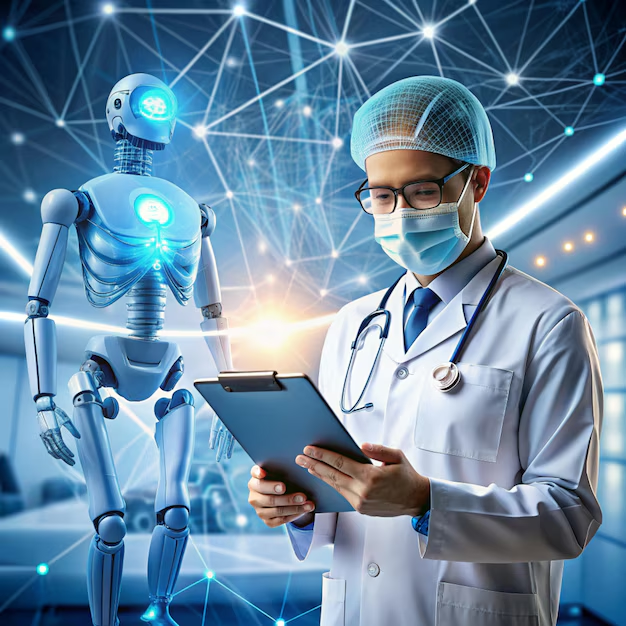
Artificial Intelligence (AI) is revolutionizing the healthcare industry by improving accuracy, speed, and efficiency across a wide range of functions — from diagnostics and treatment planning to patient communication and hospital administration.
One of the most powerful uses of AI in healthcare is medical imaging analysis . AI models trained on vast datasets can detect patterns that may be missed by the human eye — often faster and more accurately than traditional methods.
To use AI for diagnostics:
- Integrate AI tools like Qure.ai , Butterfly iQ with AI guidance , or Google DeepMind Health
- Upload medical images such as X-rays, MRIs, or CT scans
- Let the AI analyze the images and flag potential issues like tumors, fractures, or lung abnormalities
This not only speeds up diagnosis but also reduces human error and improves early detection of conditions like cancer and heart disease.
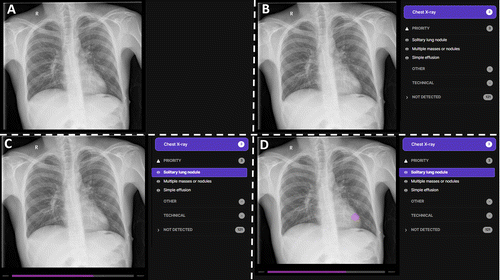
AI is playing a growing role in helping clinicians make more informed treatment decisions . With access to vast amounts of patient data and medical research, AI systems can:
- Recommend personalized treatment plans based on patient history and genetic factors
- Predict how patients might respond to certain medications
- Alert doctors to potential drug interactions or adverse effects
Tools like IBM Watson Health and Ada Health are already supporting physicians in making complex clinical decisions — especially in oncology, cardiology, and rare diseases.
AI-powered virtual health assistants and chatbots are changing the way patients interact with healthcare providers. These tools can:
- Answer common health questions
- Schedule appointments
- Remind patients to take medications
- Monitor symptoms and suggest when to see a doctor
Examples include:
- Babylon Health
- Your.MD
- Ada
These AI assistants reduce the burden on staff and improve patient engagement by offering 24/7 support.
AI is accelerating the drug discovery and development process , which traditionally takes years and costs billions. By analyzing biological and chemical data, AI can:
- Identify promising drug candidates
- Simulate how drugs will interact with the body
- Speed up clinical trial design
Companies like DeepMind (AlphaFold) and Insilico Medicine are using AI to understand protein structures and develop new therapies — paving the way for breakthroughs in treating diseases like Alzheimer’s, cancer, and rare genetic disorders.
🧠 Pro Tip: Researchers can use AI platforms like AtomNet or AlphaFold Protein Structure Database to accelerate their studies and identify new therapeutic targets.
Administrative tasks like scheduling, billing, and claims processing can be time-consuming and error-prone. AI helps streamline these workflows by:
- Automating insurance eligibility checks
- Reducing coding errors in medical billing
- Managing appointment reminders and follow-ups
Tools like Notable Health , Nym Health , and Owkin offer AI-driven solutions that reduce overhead and free up staff to focus on patient care.
AI also plays a crucial role in predictive analytics , allowing hospitals and clinics to:
- Forecast patient admission rates
- Detect early signs of disease outbreaks
- Identify high-risk patients before complications arise
By analyzing historical and real-time data, AI can help healthcare organizations allocate resources more efficiently and improve population health management.
Final Thoughts
The integration of AI in healthcare isn’t just a trend — it’s a transformational shift that enhances both clinical and operational performance . From smarter diagnostics to personalized treatments and streamlined administration, AI offers tools that empower healthcare professionals to provide better care at scale.
Whether you’re a frontline provider or part of a hospital leadership team, now is the time to explore how AI can support your mission and improve outcomes for patients.
Ready to get started? Begin with one area — whether it’s diagnostics, patient engagement, or workflow automation — and expand as you see results.
📷 Want more healthcare tech insights? Follow us for weekly updates on AI in medicine, digital health trends, and how to lead innovation in healthcare.
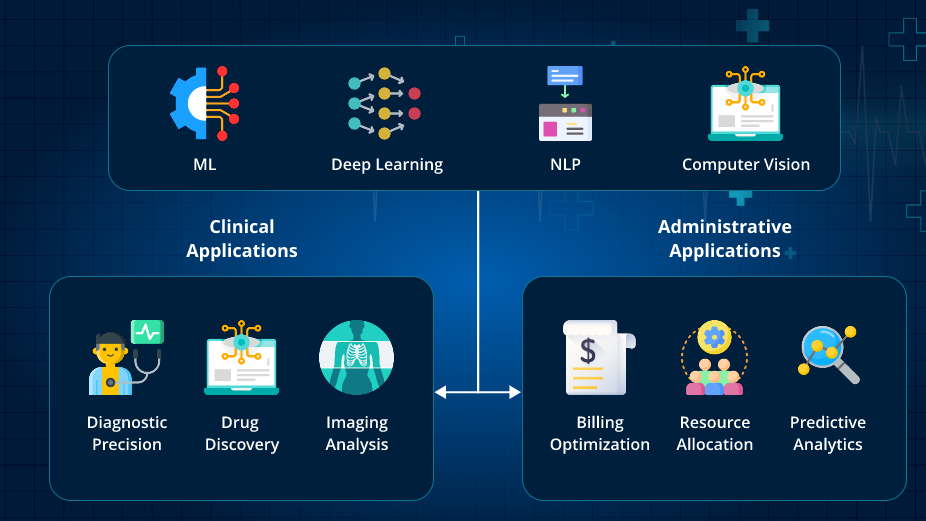
Frequently Asked Questions
Is AI replacing doctors in healthcare?
No — AI is designed to assist healthcare professionals, not replace them. It enhances decision-making and efficiency but cannot replace the human touch in patient care.
Are AI tools in healthcare safe and accurate?
Many AI tools undergo rigorous testing and regulatory approval (e.g., FDA clearance). However, they should be used as supportive tools rather than standalone diagnostic systems.
Can small clinics afford AI healthcare tools?
Yes! Many AI platforms offer scalable solutions tailored for small practices, including cloud-based services and subscription pricing models.

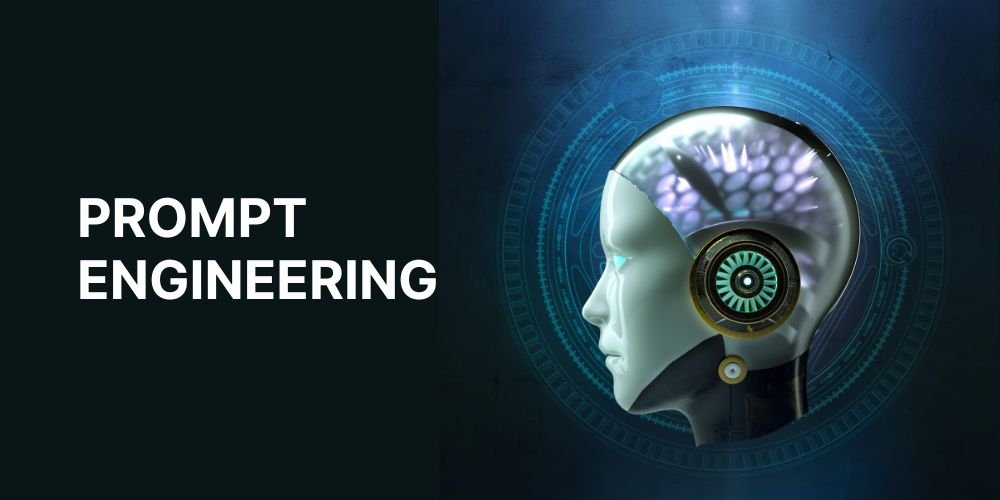

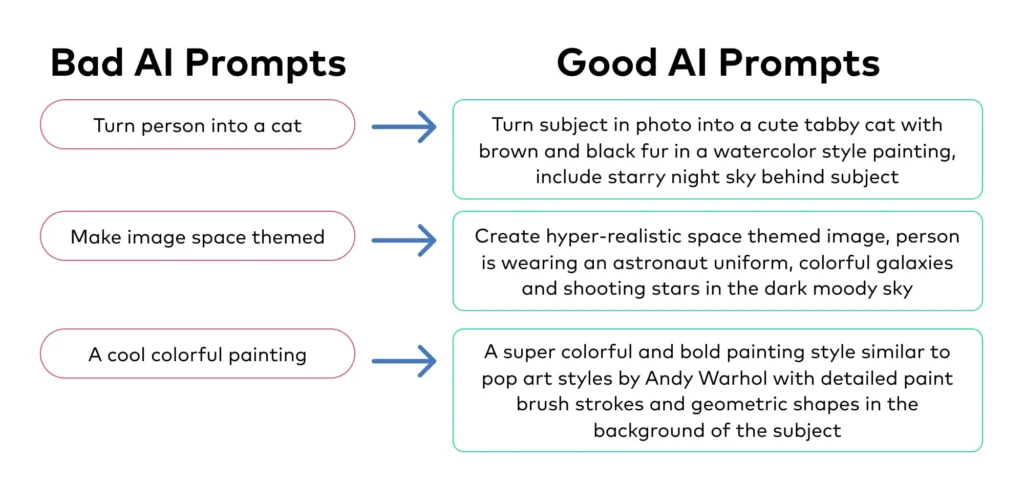


0 Comments